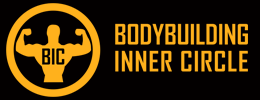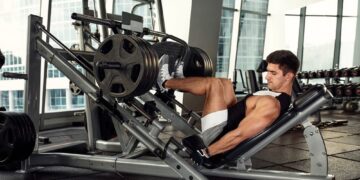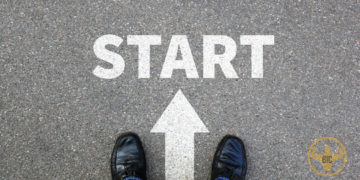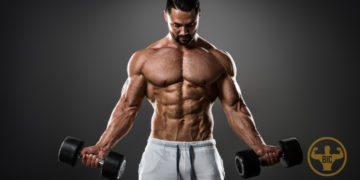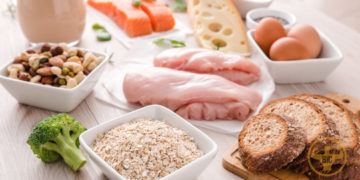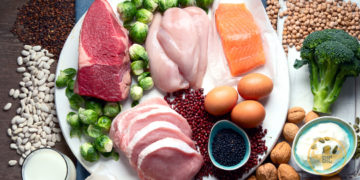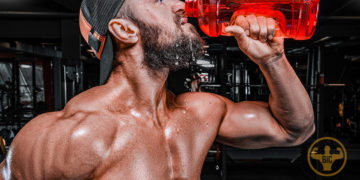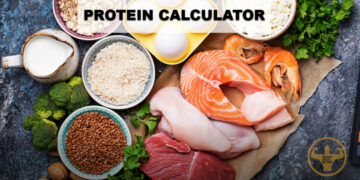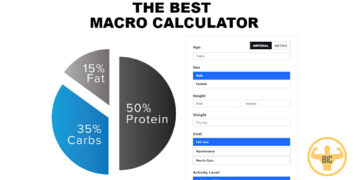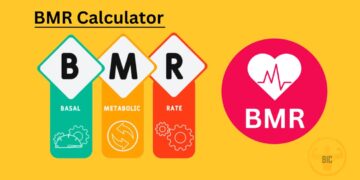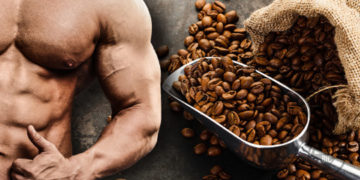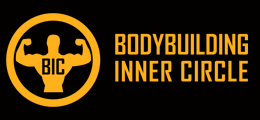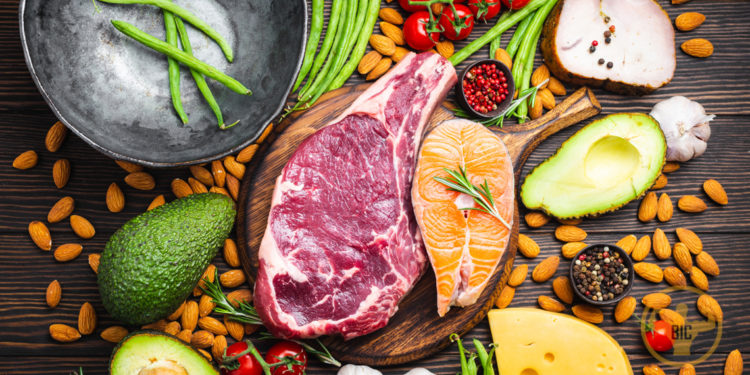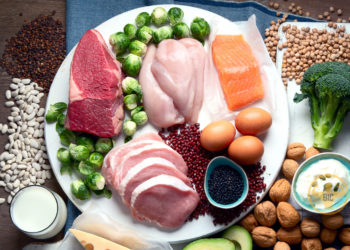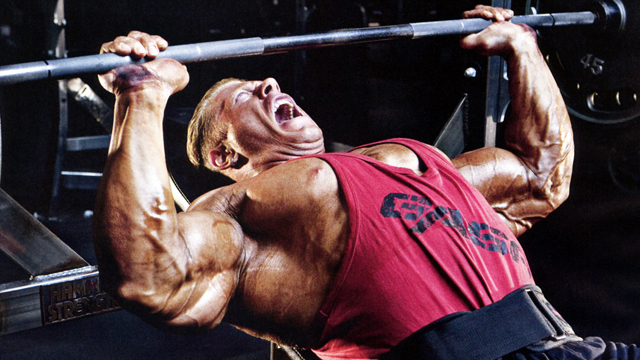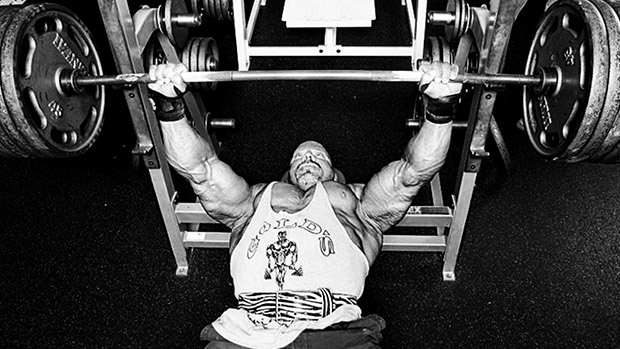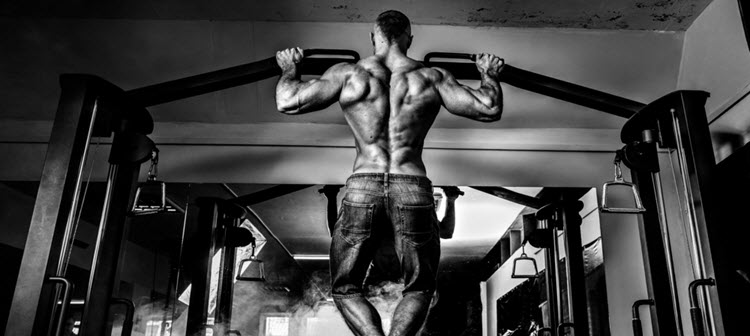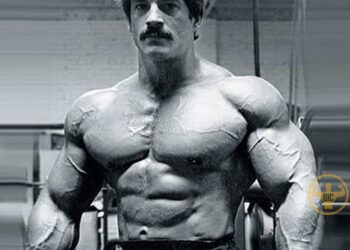Achieving sustainable muscle growth in bodybuilding requires a comprehensive approach beyond intense workouts. The food you consume is pivotal in providing the necessary nutrients for muscle repair, growth, and overall performance. Following a well-rounded and balanced diet can optimize your body’s potential for muscle development and enhance your overall bodybuilding journey.
Understanding the Role of Nutrition in Muscle Growth
To understand the significance of nutrition in muscle growth, it’s crucial to comprehend the process of muscle hypertrophy. Engaging in resistance training exercises, such as weightlifting, creates microscopic tears in your muscle fibres. The body repairs these tears during recovery, resulting in muscle growth and increased strength. Adequate nutrition ensures that your body has the necessary resources to repair and build new muscle tissue.
Protein: The Building Block of Muscles
Protein is widely regarded as the cornerstone of muscle building. It provides the essential amino acids needed for muscle repair and growth. When planning your diet for sustainable muscle growth, prioritize lean sources of protein such as chicken, turkey, fish, eggs, tofu, and legumes. Aim for approximately 1.2 to 2 grams of protein per kilogram of body weight to meet your body’s demands.
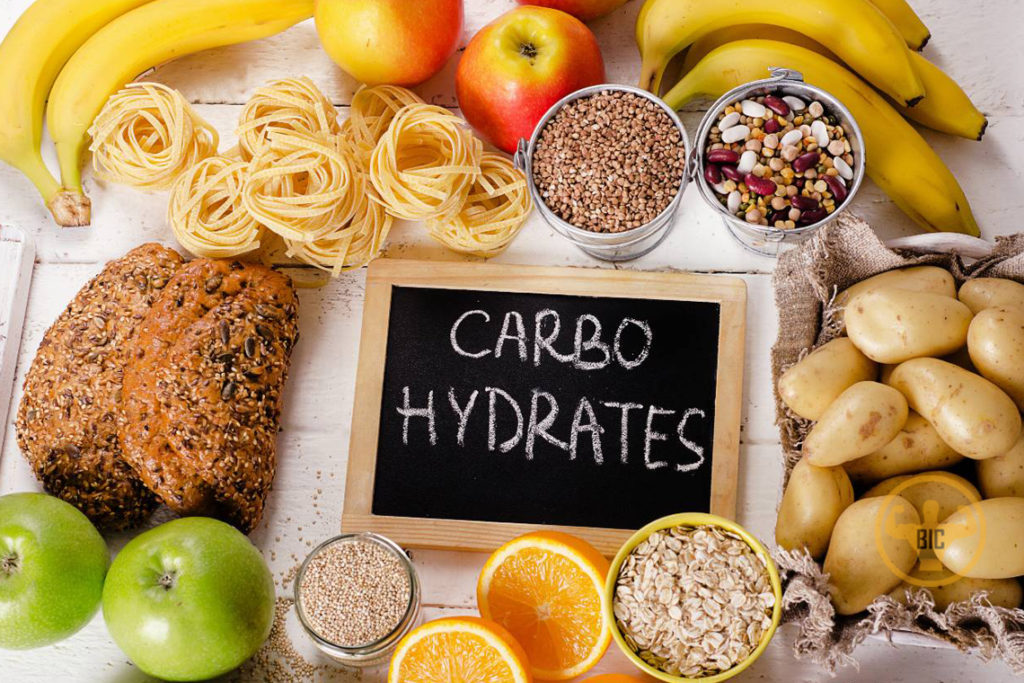
Carbohydrates: The Energy Source
Carbohydrates serve as the primary energy source for your body during intense workouts. They replenish glycogen stores and prevent muscle fatigue. Opt for complex carbohydrates like whole grains, fruits, vegetables, and sweet potatoes. These provide sustained energy and essential nutrients while promoting overall health and well-being.
Healthy Fats: Essential for Hormone Production
Including healthy fats in your diet is crucial for hormone production and overall health. Omega-3 fatty acids in fatty fish, nuts, and seeds offer anti-inflammatory benefits and support muscle recovery. Additionally, monounsaturated fats like avocados, olive oil, and nuts can improve insulin sensitivity and enhance muscle-building potential.
Micro-nutrients: The Power of Vitamins and Minerals
Micro-nutrients, including vitamins and minerals, are essential for various bodily functions and play a vital role in muscle growth. Incorporate a wide range of colorful fruits and vegetables into your diet to ensure an adequate intake of micro-nutrients. Additionally, consider including a high-quality multivitamin to cover any potential gaps in your nutrient intake.

Hydration: Keeping Your Muscles Nourished
Proper hydration is often overlooked but is essential for optimal muscle function and growth. During intense workouts, you lose water through sweat, affecting performance and recovery. Make sure to drink adequate water throughout the day and increase your intake during workouts to replenish fluids and support muscle function.
Meal Timing: Optimizing Nutrient Absorption
When it comes to building muscle, the timing of your meals can significantly impact nutrient absorption and muscle recovery. Consume a balanced meal containing protein and carbohydrates within an hour after your workout to replenish energy stores and support muscle repair. Additionally, spreading your protein intake evenly throughout the day ensures a steady supply of amino acids for muscle growth.
Pre-Workout and Post-Workout Nutrition
Pre-workout and post-workout nutrition are crucial for maximizing your muscle-building potential. Before your workout, consume a snack or meal containing easily digestible carbohydrates and moderate protein. This provides energy and primes your body for exercise. After your workout, focus on replenishing glycogen stores and supporting muscle repair by consuming a balanced meal rich in protein and carbohydrates.
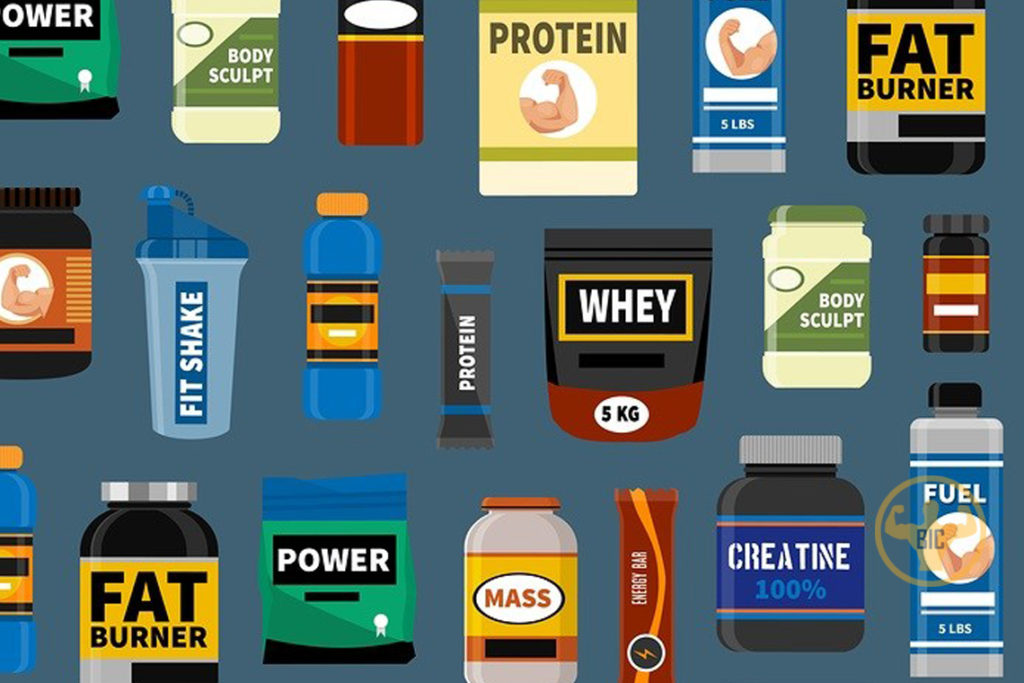
Supplementation: Boosting Your Muscle-Building Potential
While a well-balanced diet should provide most of the necessary nutrients, certain supplements can complement your bodybuilding efforts. However, it’s important to remember that supplements are not a substitute for a proper diet. Consult with a healthcare professional or a registered dietitian to determine if specific supplements, such as protein powders or creatine, align with your goals and individual needs.
Rest and Recovery: Equally Important
Rest and recovery are integral parts of any successful bodybuilding journey. Adequate sleep, typically 7-9 hours per night, allows your body to repair and rebuild muscle tissue. Additionally, incorporating rest days into your training schedule gives your muscles the time they need to recover and grow. Ignoring rest and recovery can lead to over-training, which hinders muscle growth and increases the risk of injury.
The Importance of Consistency
Consistency is key when it comes to achieving sustainable muscle growth. A balanced diet and training regimen must be followed consistently to yield significant results. Avoid frequent changes to your diet or training routine, as this can hinder progress and impede your body’s ability to adapt and grow.
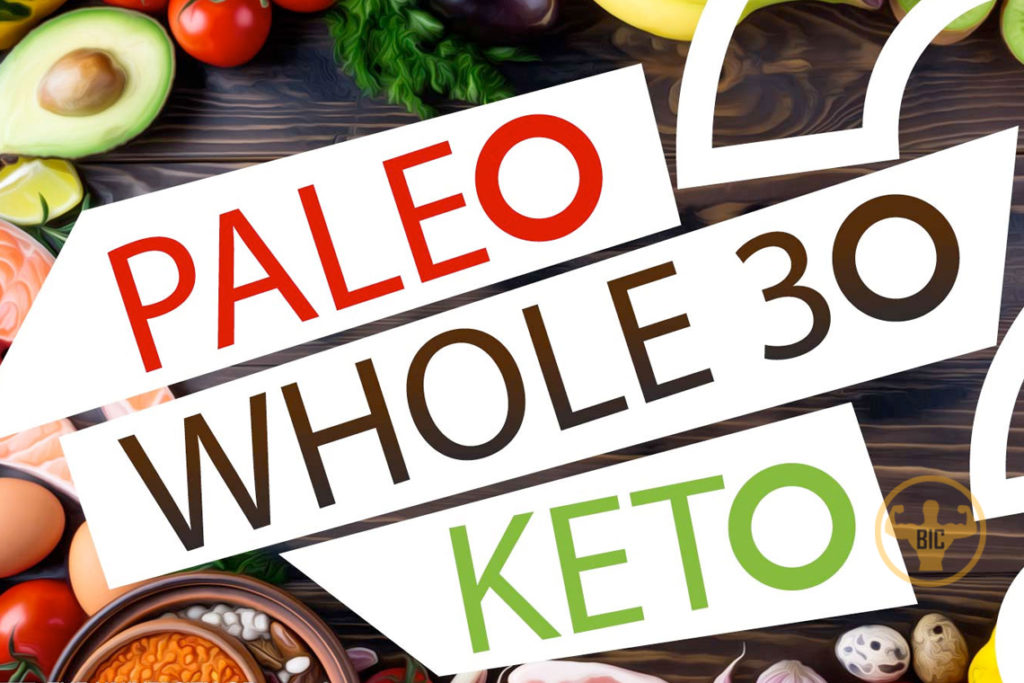
Avoiding Fad Diets and Quick Fixes
In pursuing sustainable muscle growth, avoiding fad diets and quick fixes that promise rapid results is important. These often involve severe caloric restrictions or eliminating entire food groups, which can compromise your overall health and impede muscle development. Instead, focus on a balanced and varied diet that provides all the necessary nutrients for long-term success.
ConclusionAchieving sustainable muscle growth in bodybuilding requires a holistic approach combining intense workouts and a well-rounded and balanced diet. Prioritize lean sources of protein, complex carbohydrates, healthy fats, and abundant fruits and vegetables. Hydration, meal timing, and rest are equally important factors that support muscle development. Remember to stay consistent, avoid fad diets, and prioritize your health and well-being.
FAQs
Can I build muscle without following a balanced diet?
While building some muscle without a balanced diet is possible, optimal muscle growth and long-term sustainability require proper nutrition.
How much protein do I need for muscle growth?
Aim for approximately 1.2 to 2 grams of protein per kilogram of body weight to support muscle growth.
Are supplements necessary for muscle growth?
Supplements can complement a balanced diet, but they are not essential. Consult a healthcare professional to determine if supplements align with your goals and needs.
Can I build muscle without lifting heavy weights?
While lifting heavy weights are often associated with muscle growth, various resistance training methods can stimulate muscle development.
How long does it take to see noticeable muscle growth?
The timeline for noticeable muscle growth varies among individuals. Consistency in training, nutrition, and recovery are key factors in achieving visible results.
